Sadly, people all over the country are facing extortion and being forced to make large payments to get essential medication, oxygen, ambulances and so on
Ever since the second wave of the covid-19 infections has shaken our country it has also shaken the moral values of many people. There are any number of stories all over the country of people facing severe extortion and being forced to make large payments to get essential medication, oxygen, ambulance service and hospitals beds.
Perhaps there is a reason why people have behaved and continue to behave in such a shameful manner. The drop in incomes and loss of livelihoods over extended periods since the pandemic struck has probably shaken the moral and ethical values of many. But it still doesn’t justify such actions when somebody’s life is at stake. It doesn’t justify selling an injection of Remdesivir at Rs 40,000 when the Maximum Retail Price (MRP) is Rs 3,500 a dose. A few arrests have been made, but this trade continues unabated in many parts of the country.
When somebody’s loved one is struggling to breathe and stay alive, people are forced to shell out huge sums. People have taken flights from Delhi to Mumbai and Hyderabad to source this drug from production units. Since this is a scheduled drug and permitted to be given only under the supervision of a medical practitioner, the Government should have made it mandatory for the pharmacies to sell this drug directly to the hospital or nursing homes where patients are admitted, based on the doctor’s prescription.
The patients could pay for it along with the hospital bill. It would result in complete transparency and tackle hoarding along with black marketing.
The other huge issue has been the lack of medical oxygen. Despite the Supreme Court’s direction to the Centre to make 700 metric tonnes of medical oxygen available to Delhi on a daily basis to tide over the COVID crisis, Delhi is still gasping for its share and the Arvind Kejriwal Government is running from pillar to post to get its allotted quota. The same dire situation exists in other States, too.
In smaller hospitals and covid care facilities, patients are being told to bring their own oxygen. People are camping outside oxygen plants for hours together to fill cylinders. A normal cylinder that would earlier cost Rs 600-Rs 800 is being sold by unscrupulous people for over Rs 20,000.
Gurudwaras have started distributing oxygen within their premises as have other religious places, easing some of the pain. Even then, lives continue to be lost at a rapid pace with the continued scarcity of this naturally available product. People who could not afford to get hold of oxygen cylinders started looking for oxygen concentrators to deliver uninterrupted oxygen supply without having to refill. Overnight, oxygen concentrators (OCs) disappeared from the market, every available piece of every brand got taken and then started the usual black marketing. A branded OC that is usually priced at Rs 40,000-Rs 50,0000 is being sold in the black market at around Rs 90,000 for substandard Chinese products without warranty, and depending on the urgency and desperation goes up to Rs 1.5 lakh. With the increase in production of medical oxygen in Delhi hopefully things will get better.
Transporting a covid patient to the hospital has been another nightmare. Patients cannot be brought in a car driven by relatives for the fear of transmitting infection, requiring transportation in an ambulance. Hence, ambulance providers have been charging exorbitant amounts for short distances of travel. In Delhi-NCR the minimum charge for a ride of less than five km is Rs 10,000 provided the patient does not require oxygen support or an accompanying doctor; the same ride for a patient requiring oxygen support and a doctor could cost the family upwards of Rs 20,000. Inter-city transfers by ambulance, for example Delhi-Chandigarh are priced at Rs 1,00,000. When one service provider was confronted and told that this was far more than what an airline would charge, the response was: “Please take the plane!”
Bargaining and pleading has no takers. Nobody has the time for your story. Thankfully, in Delhi, the Government has now intervened and regulated prices. The other problem is the shortage of hospital beds. Government portals showing vacant hospital beds haven’t been updated with the ground realities.
Many telephone numbers posted on Government websites are not in use or not being answered, adding to the peoples’ misery. Many hospitals show vacant beds on their website but these are not available when patients arrive. Staff in many hospitals has been charging huge bribes from patients to provide beds. Those waiting in ambulances till the patient gets a bed are being charged Rs 2,000 per hour, as waiting charges!
Large hospitals have beds reserved for politicians and senior bureaucrats, whereas the commoner has to run around to multiple hospitals, pay large sums at every point and yet, has a faint hope of getting the care needed.
Has our country lost its soul? Is it the effect of the pandemic or were we inherently like this? As the country battles its biggest crisis ever and families weep for the departed, Indians need to look within to fix their broken ethical compass.
The writer is a neurosurgeon, Apollo Hospital. The views expressed are personal.







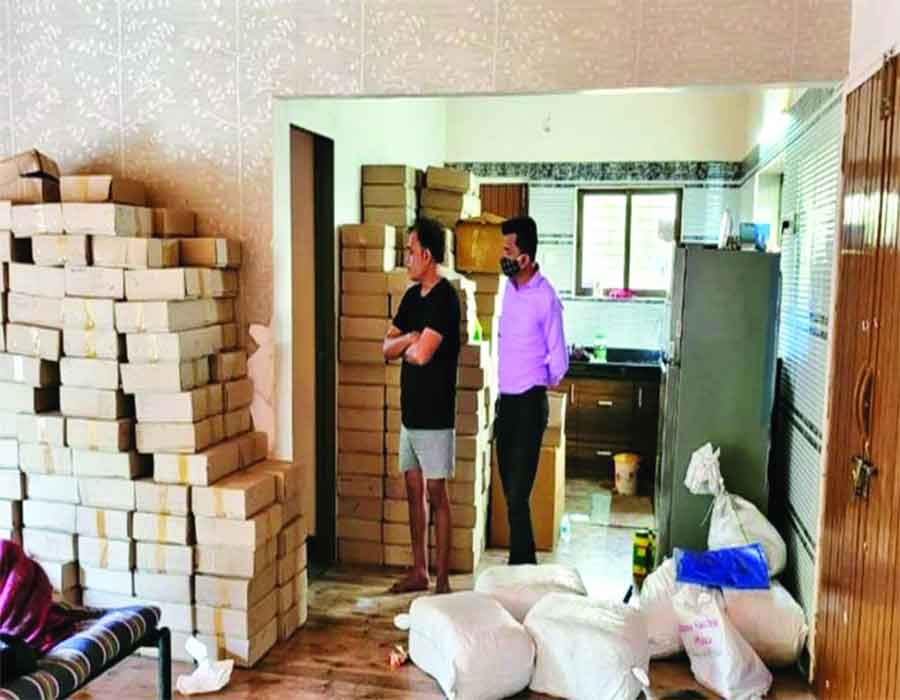
 OpinionExpress.In
OpinionExpress.In
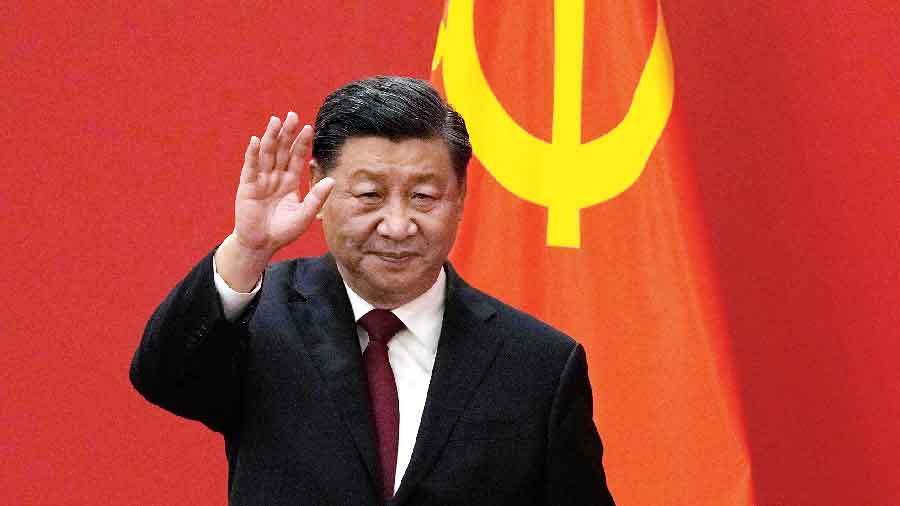

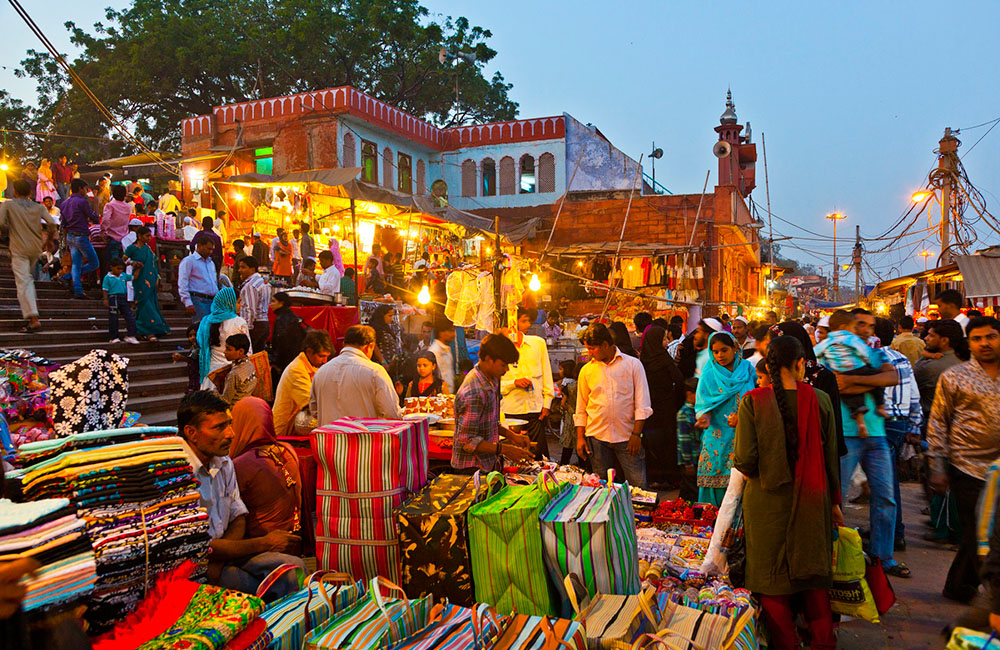
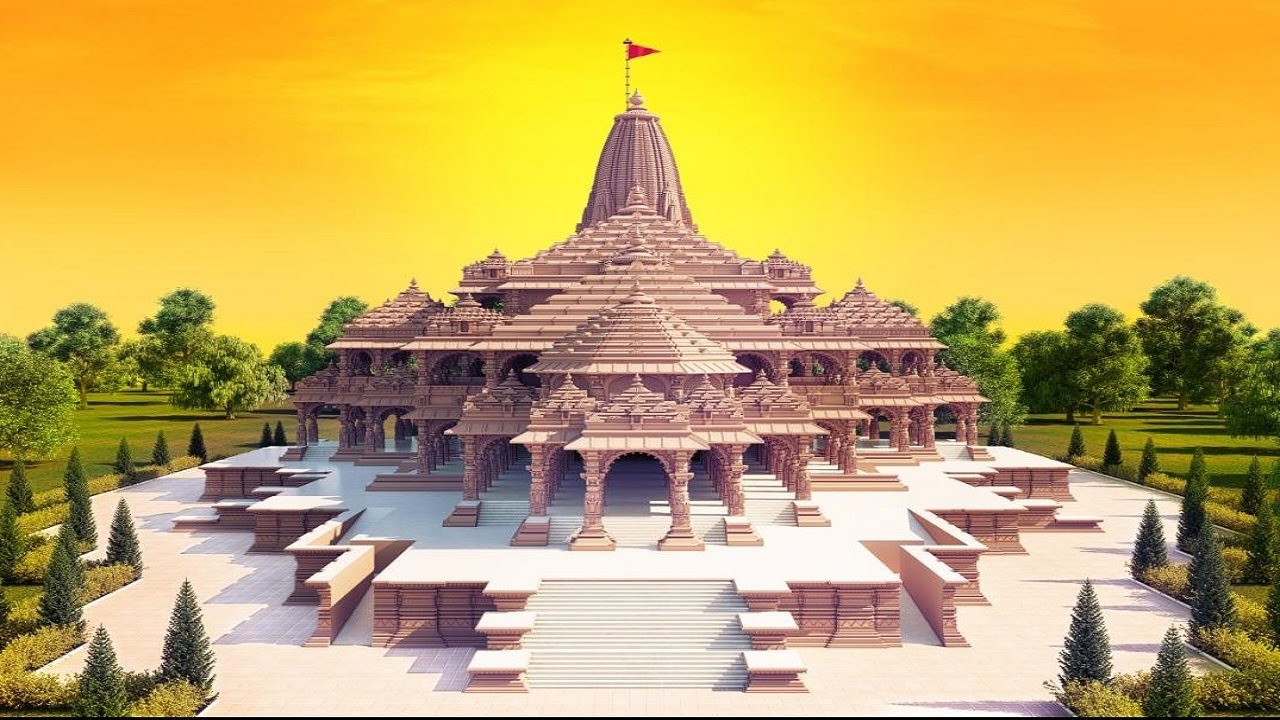
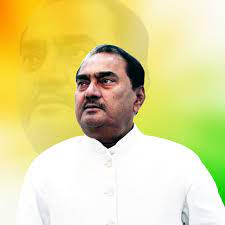
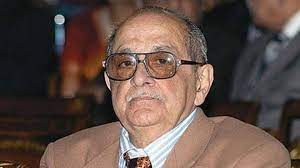
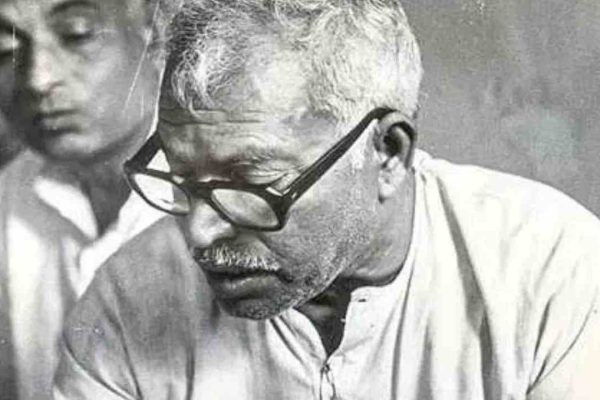
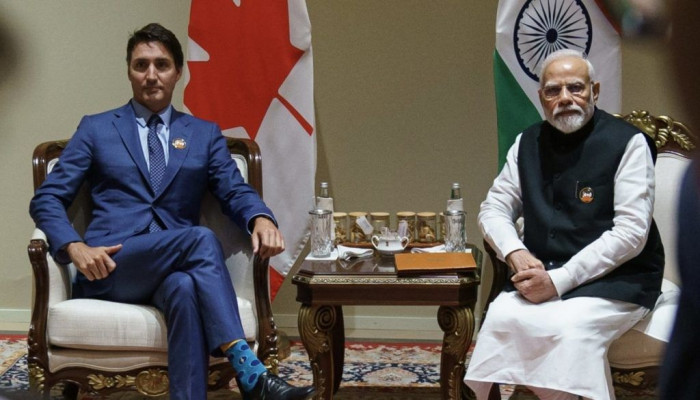
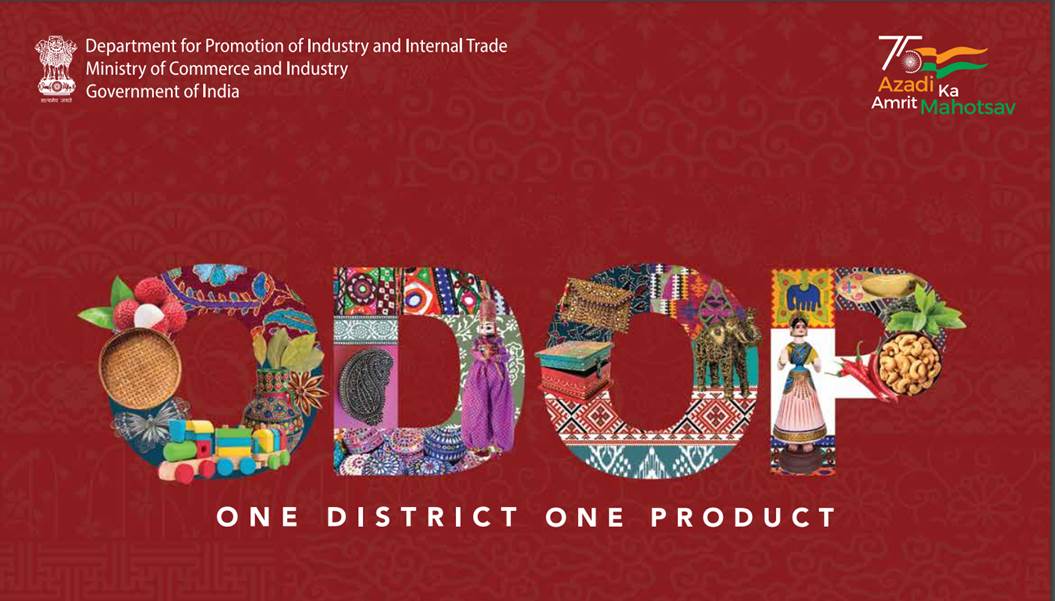






Comments (0)